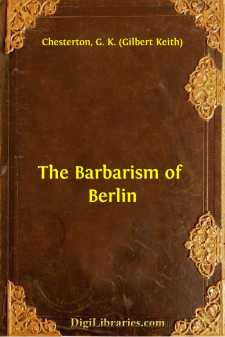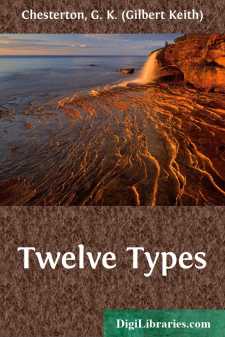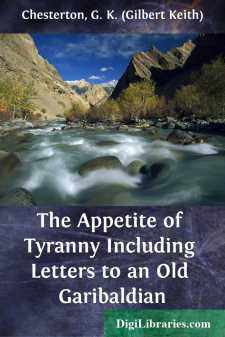Categories
- Antiques & Collectibles 13
- Architecture 36
- Art 48
- Bibles 22
- Biography & Autobiography 813
- Body, Mind & Spirit 142
- Business & Economics 28
- Children's Books 17
- Children's Fiction 14
- Computers 4
- Cooking 94
- Crafts & Hobbies 4
- Drama 346
- Education 46
- Family & Relationships 57
- Fiction 11829
- Games 19
- Gardening 17
- Health & Fitness 34
- History 1377
- House & Home 1
- Humor 147
- Juvenile Fiction 1873
- Juvenile Nonfiction 202
- Language Arts & Disciplines 88
- Law 16
- Literary Collections 686
- Literary Criticism 179
- Mathematics 13
- Medical 41
- Music 40
- Nature 179
- Non-Classifiable 1768
- Performing Arts 7
- Periodicals 1453
- Philosophy 64
- Photography 2
- Poetry 896
- Political Science 203
- Psychology 42
- Reference 154
- Religion 513
- Science 126
- Self-Help 84
- Social Science 81
- Sports & Recreation 34
- Study Aids 3
- Technology & Engineering 59
- Transportation 23
- Travel 463
- True Crime 29
The Barbarism of Berlin
Description:
Excerpt
I
THE WAR ON THE WORD
It will hardly be denied that there is one lingering doubt in many, who recognise unavoidable self-defence in the instant parry of the English sword, and who have no great love for the sweeping sabre of Sadowa and Sedan. That doubt is the doubt whether Russia, as compared with Prussia, is sufficiently decent and democratic to be the ally of liberal and civilised powers. I take first, therefore, this matter of civilisation.
It is vital in a discussion like this that we should make sure we are going by meanings and not by mere words. It is not necessary in any argument to settle what a word means or ought to mean. But it is necessary in every argument to settle what we propose to mean by the word. So long as our opponent understands what is the thing of which we are talking, it does not matter to the argument whether the word is or is not the one he would have chosen. A soldier does not say "We were ordered to go to Mechlin; but I would rather go to Malines." He may discuss the etymology and archaeology of the difference on the march: but the point is that he knows where to go. So long as we know what a given word is to mean in a given discussion, it does not even matter if it means something else in some other and quite distinct discussion. We have a perfect right to say that the width of a window comes to four feet; even if we instantly and cheerfully change the subject to the larger mammals, and say that an elephant has four feet. The identity of the words does not matter, because there is no doubt at all about the meanings; because nobody is likely to think of an elephant as four feet long, or of a window as having tusks and a curly trunk.
It is essential to emphasise this consciousness of the thing under discussion in connection with two or three words that are, as it were, the key-words of this war. One of them is the word "barbarian." The Prussians apply it to the Russians: the Russians apply it to the Prussians. Both, I think, really mean something that really exists, name or no name. Both mean different things. And if we ask what these different things are, we shall understand why England and France prefer Russia; and consider Prussia the really dangerous barbarian of the two. To begin with, it goes so much deeper even than atrocities; of which, in the past at least, all the three Empires of Central Europe have partaken pretty equally, as they partook of Poland. An English writer, seeking to avert the war by warnings against Russian influence, said that the flogged backs of Polish women stood between us and the Alliance. But not long before, the flogging of women by an Austrian general led to that officer being thrashed in the streets of London by Barclay and Perkins' draymen. And as for the third power, the Prussians, it seems clear that they have treated Belgian women in a style compared with which flogging might be called an official formality. But, as I say, something much deeper than any such recrimination lies behind the use of the word on either side....












